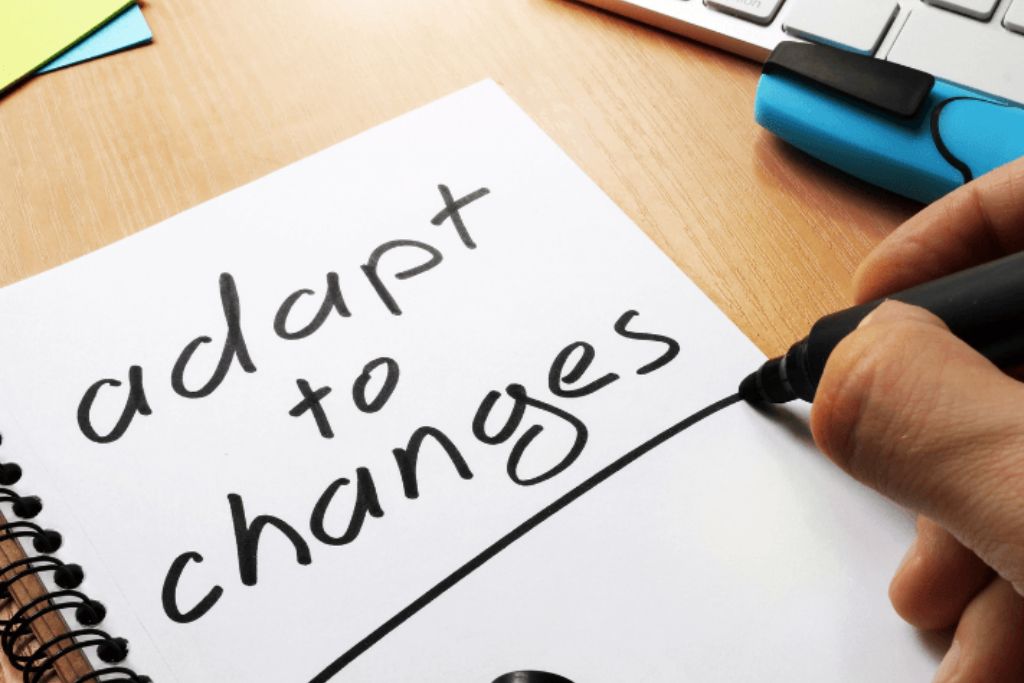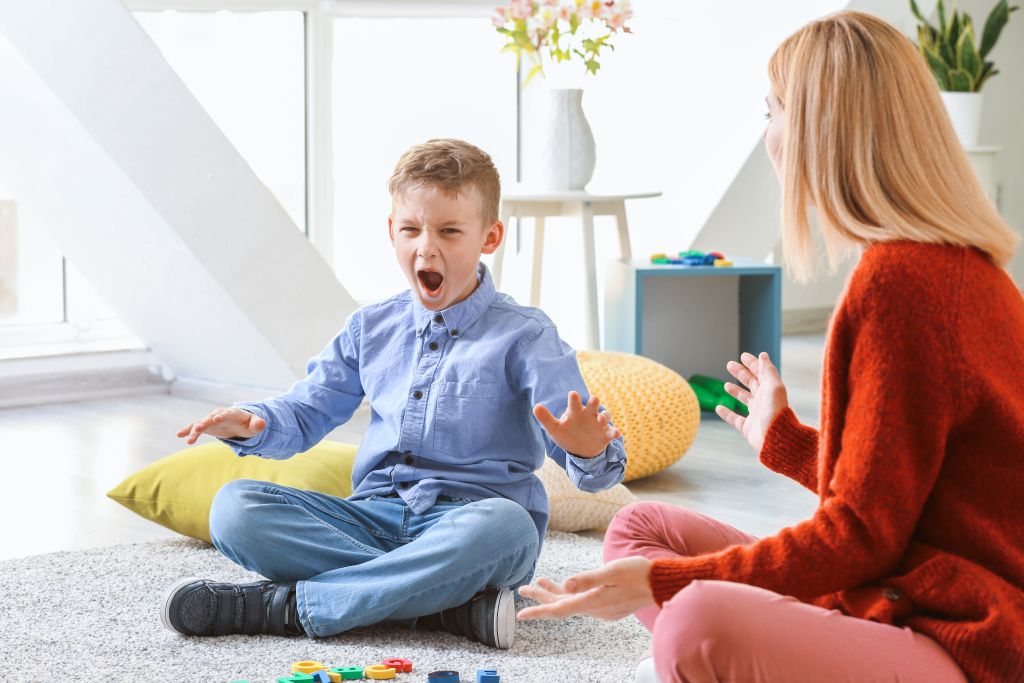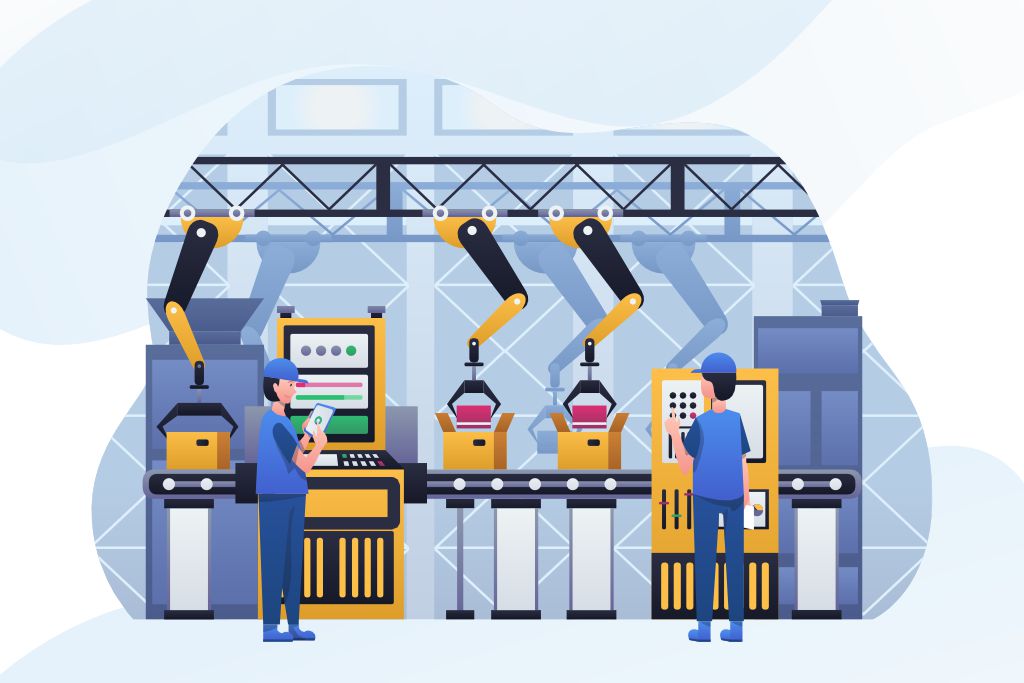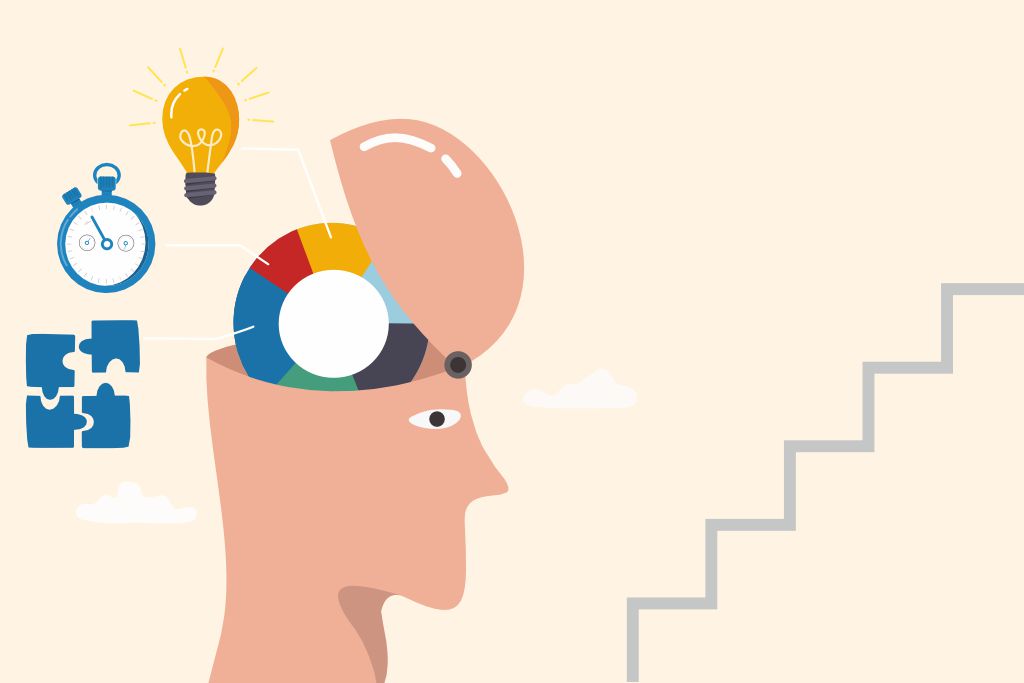Adaptability is a foundational life skill. It enables people not just to survive change, but to grow from it, lead through it, and thrive in it.
Adaptability is simply defined as the quality of being able to adjust to new conditions, it is claimed to be an essential mental resource, encompassing a person’s cognitive, behavioral, and emotional regulation (or adjustment) in circumstances of change, novelty, and uncertainty.
The ability to adjust (or adapt) one’s behaviors in response to changing (and potentially challenging) environments is known to promote positive psychological wellbeing outcomes (Martin et al., 2013; Zhou & Lin, 2016).
Why is Adaptability Important?
Adaptability as the definition suggests is the ability of a person to adapt. Adaptability plays a crucial role in every aspect of life, from handling everyday situations to navigating major life decisions. In today’s world where changes occur on minute-to-minute basis, adaptability is the only way to deal with it.
Adaptability holds significant importance as it allows individuals, teams, and organizations to respond effectively to change, uncertainty, and new challenges. In a rapidly evolving world, characterized by technological progress, global crises, shifting workplaces, and personal life transitions, adaptability has become essential; it is no longer a choice but a necessity for survival, success, and wellbeing.
For example: During the pandemic, many people had to quickly shift to working from home. Those who adapted well, learned new tools like Zoom or Teams, set up home offices, and adjusted their routines to stay productive.
Why is Adaptability important in Education?
Adaptability has shown to be strongly correlated with several other psychological variables in students
- Adaptability and social support were significantly positively related to wellbeing. It means that the more the student is adaptable the better wellbeing they have. Adaptability can shape students’ academic emotional experiences.
- It was found that high school students’ adaptability to positively predict changes in their enjoyment of school over the course of one year. Martin et al. (2013)
- Students’ adaptability is associated with increased positive and decreased negative moods concerning their learning experiences during this crisis Besser et al. (2020).
- Similarly, Zhang et al. (2021)found Chinese university students’ adaptability to be positively and negatively related to positive and negative academic affect, respectively
- Furthermore, student adaptability has been found to indirectly predict lower levels of anxiety about academic performance via increased perceptions of personal control over academic performance and schoolwork in high school students (Martin et al., 2015)
- Research also shows that students’ enjoyment of learning is positively related to their perceptions of control and certainty about future success. Moreover, prior research has shown that adaptability is systematically linked to high school students’ school-related enjoyment (Martin et al., 2013)
- A growing body of research suggests that teachers’ psychological adaptability and work engagement are positively correlated (Fan et. al 2022).
- It has been found that students with low levels of academic adaptability have been found to have lower levels of self-esteem, People with high self-esteem are usually confident and happy, while those with low self-esteem are prone to anxiety and lack of self-confidence. (Chen, et al., 2023)
- Multiple studies have shown a significant negative relationship between self-esteem and learning burnout among college students; meaning that higher self-esteem is associated with lower levels of burnout. This relationship is influenced by the level of adaptability, which acts as a moderating factor (Chen et al., 2023).
Thus, this gives us the idea that student adaptability holds a very important position in an individual’s life.
Now that the importance of adaptability as a life skill has been well established it is equally essential for one to know the level of adaptability, he/she possesses. This allows them to identify the areas of growth and development to work efficiently on it. By assessing adaptability, educators can tailor learning experiences, provide targeted support, and help students develop the resilience needed to thrive in the face of uncertainty.
Recognizing the importance of adaptability and its life-long need and thus the need for measurement, especially at a student level, NEA Life came up with its very adaptability measuring online psychometric tool named as, ‘Student Adaptability Inventory’. Covered under the broad domain of educational assessments, Student Adaptability Inventory is aimed at measuring adaptability. This test rooted in the theoretical framework of Bell Adjustment Inventory.
We measure adaptability across four significant areas of the student’s life, those are
- Home: How well adjusted the individual is at home, with parents and family
- Health: Adaptability in terms of health and how that plays a role in coping with daily life situations.
- Social: Adaptability in terms of relationships with peers, friends and others around.
- Emotional: How well adjusted is the individual in terms of expression of emotion.
NEA Life’s motto for developing this online psychometric assessment
Adolescence is the time of transition during which many changes and difficulties must be accepted. The assessment explores the adjustment levels of the students in four different domains involving psycho-emotional, physical and social levels helping parent and counselors to plan interventions and remedials if required.
- Who can use this test:8th to 12th Class Students
- Age Group: 13 – 20 years
- Time Required:20 Minutes Approximately
- Languages available: English, Marathi and Hindi
- Mode of Assessment: Online Mode – Individual/Group
- What are the uses of this test: Adjustment Level, Behavioral Management, Counseling Services.
- Thus, after using this online psychometric assessment, and understanding the level of adaptability the student can focus on the area of improvement in regards with his/her adaptability. Beyond simply measuring a student’s adaptability, the Student Adaptability Inventory Test by NEA Life serves as a powerful tool for growth and self-improvement. The test gives valuable insights that help students build stronger coping mechanisms, develop better study habits, and navigate peer and academic pressures more effectively. For parents, this suggests gaining a deeper understanding of their child’s unique challenges and strengths, allowing for more informed support at home and in school.
The following Mentioned Tips can be used by the students to improve their adaptability:
- Encourage growth mindset: help students to see challenges as opportunities to learn rather than obstacles. Praising effort over results helps them become more resilient and open to change.
- Practice problem-solving: Activities like role-playing or case studies allow students to think about various solutions on their feet and then adapt to unexpected outcomes
- Encouraging self-reflection and self-awareness: Journaling or group discussions about how they handled a change, or challenge can help students recognize their adaptive strengths and areas for growth.
- Learning Through Failures: When failure is seen as a natural part of learning, students are more likely to take risks and adapt when things don’t go as planned.
- Working in Teams: Working with peers teaches students to adjust to different perspectives and communication styles, thus helping them understand change.
Conclusion:
Adaptability defines a person’s ability to adjust to environments, situations and people around them. It has become the core component of life in the evolving world of today. Thus, developing adaptability at the student stage is key to navigating life with confidence and success.”. Thus, considering its need and importance measurement of adaptability becomes important. Considering, this importance, NEA Life has developed ‘Student Adaptability Inventory’. Thus, not only change but also ability to adapt (adaptability) is constant in life.






